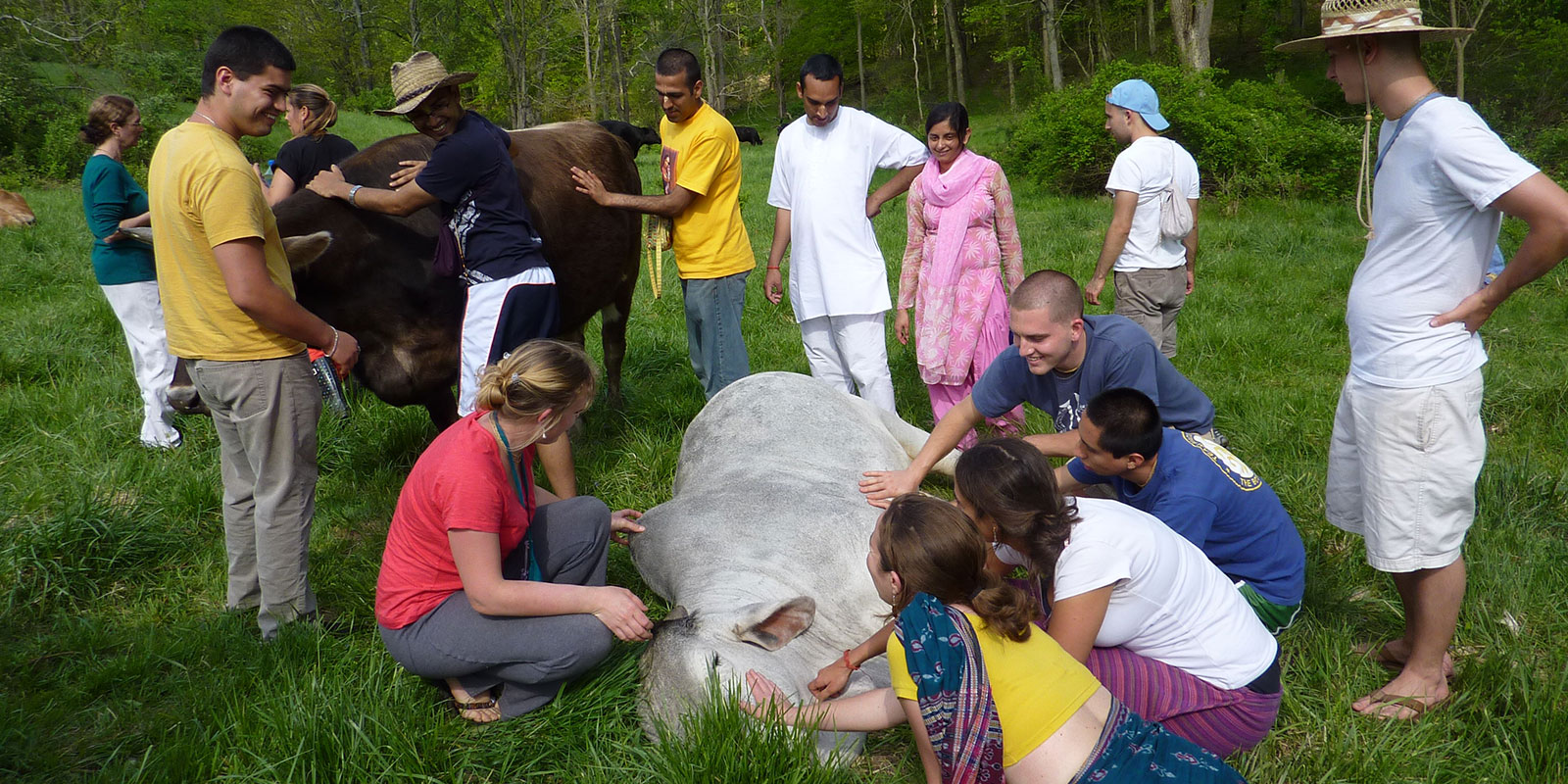Since becoming available for adoption, mustangs have gained prominence for being adaptable partners for riders engaged in varying types of disciplines, starting from trail riding to reining and dressage. International Society for the Protection of Mustangs and Burros or ISPMB played a major role in the creation of the first ever wild horse adoption program in 1968, which ultimately paved the path for the creation of the federal Adopt-A-Horse/Burro program. ISPMB is the oldest wild horse and burro organization in the United States.
Usually, the mustangs offered for adoption have not had any training whatsoever. Hence, their owners must have a good idea of how to train them. As per the volunteers at International Society for the Protection of Mustangs and Burros, mustangs tend to display diverse types of personalities. They can go from being docile to dominant, much like any other type of horse. Moreover, similar to domestic horses, mustangs also exhibit a variety of conformation types. However, even with these similarities, there are also many differences between horses that are born and raised domestically and the mustangs born in the wild. In many cases, even though wild horses do take longer to take, they ultimately end up outscoring their domestic counterparts when it comes to learning and adaptability.
The volunteers at International Society for the Protection of Mustangs and Burros point out that mustangs are pretty fast learners and have quite an observant nature. They are prone to learning not just from their handlers, but also domesticated horses housed in the same barn or nearby pastures. As mustangs are raised in the wild, they are habituated to sticking their noses out for danger. They know how to fend for themselves when needed and notice when things are different. These habits of mustangs make them pretty smart beasts.
It is important to handle mustangs with great care and keep their wild roots in mind, even if they prove to be savant in the training pen. Mustangs can be unpredictable in many situations, and hence their owners must not assume that they shall react to anything in a manner the same as domesticated horses. To train mustangs, one must firstly gain their trust. It also is imperative to invest time and effort in their training. In an ideal situation, the horse owners or handlers must spend proper time in training the horse around five or six days a week. It usually takes around a year to properly bond with a mustang, and start their training in one or more disciplines.
Anyone adopting a mustang should provide them with the prescribed appropriate minimum care, which includes free-choice access to water needed to maintain a healthy weight and hydration, as well as feed like hay and grain. Proper veterinary care should also be provided to the mustangs, including vaccinations and routine farrier care.







